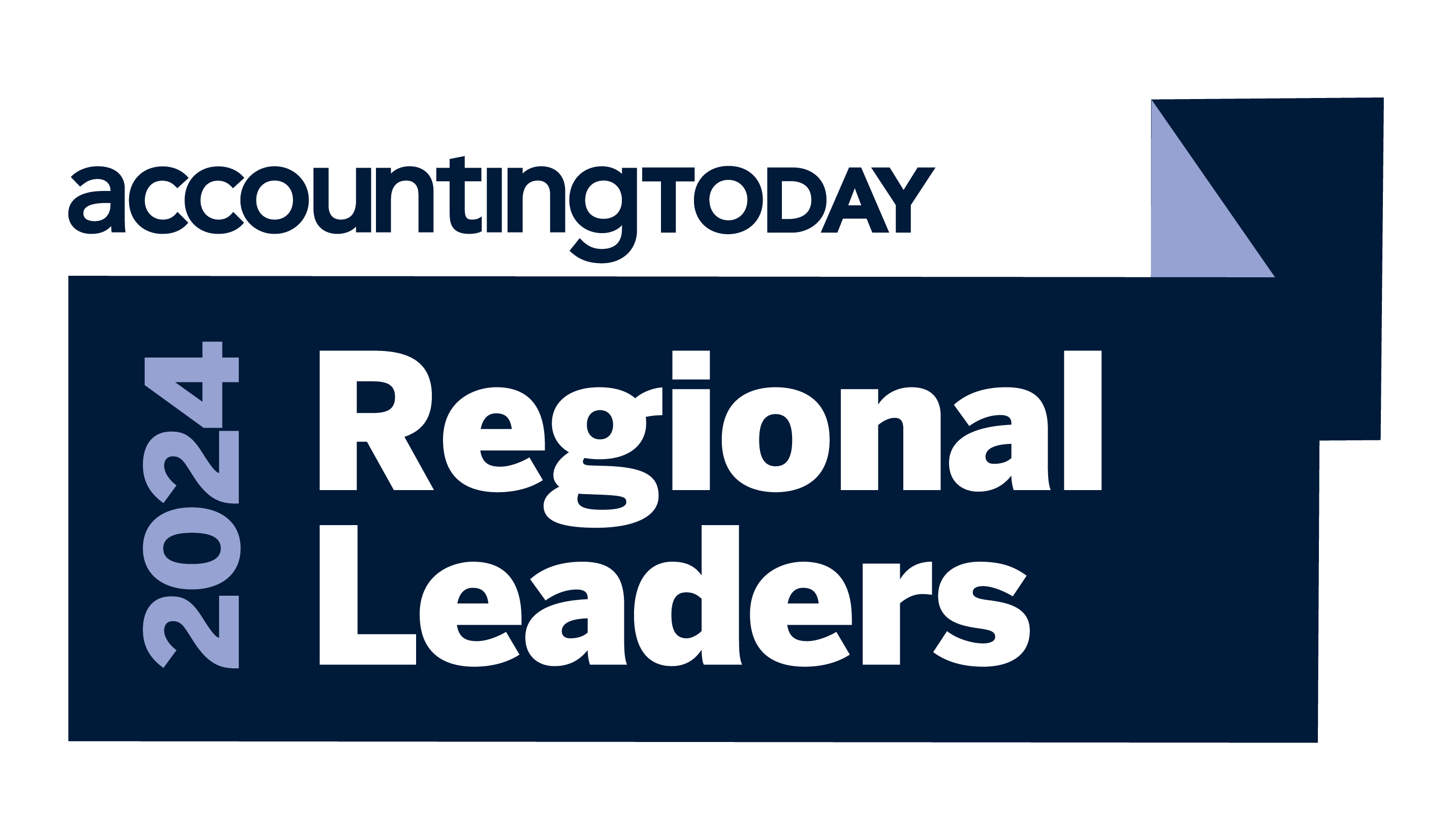Insights
We are proud to be named a West Coast Regional Leader for 2024


Real estate equity raising
ARTICLE | February 08, 2021
Authored by RSM US LLP
KEY TAKEAWAYS
- There is a strong appetite for distressed acquisitions among equity investors, but they expect more than just returns.
- Smaller funds may be best off returning to established partners rather than reaching out to new investors.
- Fund managers and general partners can offer more personalized or more attractive terms to bring in new capital.
While the pandemic has wiped out value in some sectors of real estate, many investors have been stockpiling capital for years in preparation for the next downturn, and now there is no shortage of dry powder ready to be deployed into the market. Early tabulations suggest that there may be hundreds of billions of dollars poised to go after distressed assets in real estate.
“How will you shine in a difficult environment for fundraising? Maybe it’s technology, reporting, transparency and your commitment to LPs or a focus on social impact. Those long-term relationships are what matter,” says RSM US Partner and Real Estate Senior Analyst Laura Dietzel.
Though many investors have had their values affected by the coronavirus, there is an appetite for purchases. In a Bisnow survey, 90% of respondents reported that they would be willing to make an acquisition if it made financial sense.
Much of that money is likely to be shuttled into megafunds operated by a handful of global investment managers. In a time when returns are uncertain, investors will likely look for track record, speed and size when choosing where to park their capital.
That doesn’t mean that smaller and midsized funds won’t be able to raise capital, but they may have more luck raising equity with existing investors with whom they have a history of competitive returns.
“Any time we feel anxious, we go back to what we know,” Dietzel said. “Funds are going to have the most success with their current investor base, and are more likely to be able to raise capital if they’ve done well in the past.”
Smaller funds can also differentiate themselves by taking on specific goals with their investments, like social justice impact, climate action, or ESG—environmental, social and corporate governance. In the current political climate, Dietzel said, investors may have more of an appetite for investments that they know are helping to rebuild underserved communities.
Having hands-on, communicative general partners can also set smaller shops apart. In distressed investing, there are likely to be some assets that don’t perform as well. Being transparent and communicative about those setbacks can earn investor trust and make raising equity even easier in the future, Dietzel said.
At the outset of the pandemic, new investors were hesitant to make financial moves without having met in person, according to Cross Lake Partners Vice President of Investor Relations Gloria Viniar. But most have now adapted to the new normal, she said, which has opened the doors to holding virtual meetings and webinars to raise equity capital.
Tipping point: Middle market funds can bring in more equity by offering more favorable terms to LPs, but may be better off just sticking with investors who trust them.
Let's Talk!
Call us at +1 213.873.1700, email us at solutions@vasquezcpa.com or fill out the form below and we'll contact you to discuss your specific situation.
This article was written by RSM US LLP and originally appeared on Feb 08, 2021.
2022 RSM US LLP. All rights reserved.
https://rsmus.com/insights/industries/real-estate/real-estate-equity-raising.html
RSM US Alliance provides its members with access to resources of RSM US LLP. RSM US Alliance member firms are separate and independent businesses and legal entities that are responsible for their own acts and omissions, and each is separate and independent from RSM US LLP. RSM US LLP is the U.S. member firm of RSM International, a global network of independent audit, tax, and consulting firms. Members of RSM US Alliance have access to RSM International resources through RSM US LLP but are not member firms of RSM International. Visit rsmus.com/about us for more information regarding RSM US LLP and RSM International. The RSM logo is used under license by RSM US LLP. RSM US Alliance products and services are proprietary to RSM US LLP.

Vasquez & Company LLP is a proud member of the RSM US Alliance, a premier affiliation of independent accounting and consulting firms in the United States. RSM US Alliance provides our firm with access to resources of RSM US LLP, the leading provider of audit, tax and consulting services focused on the middle market. RSM US LLP is a licensed CPA firm and the U.S. member of RSM International, a global network of independent audit, tax and consulting firms with more than 43,000 people in over 120 countries.
Our membership in RSM US Alliance has elevated our capabilities in the marketplace, helping to differentiate our firm from the competition while allowing us to maintain our independence and entrepreneurial culture. We have access to a valuable peer network of like-sized firms as well as a broad range of tools, expertise and technical resources.
For more information on how Vasquez & Company LLP can assist you, please call +1 213.873.1700.
Subscribe to receive important updates from our Insights and Resources.